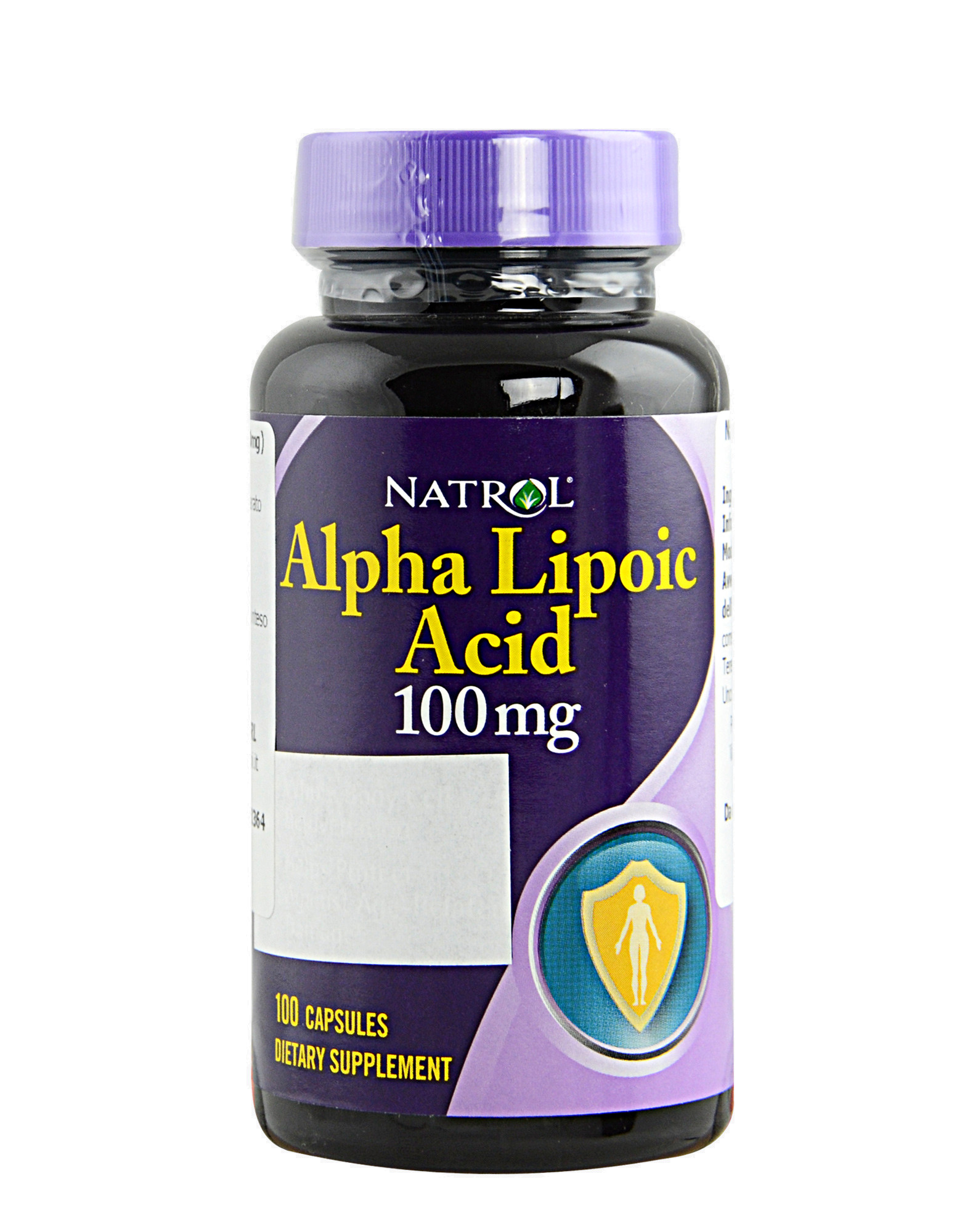


Alpha-lipoic acid might interfere with blood sugar control during and after surgery. Surgery: Alpha-lipoic acid can decrease blood sugar levels. Seizures, vomiting, and unconsciousness have been reported for children aged 14 months to 16 years who took up to 2400 mg of alpha-lipoic acid as a single dose. But it is possibly unsafe for children to take large amounts of alpha-lipoic acid by mouth. Children: Alpha-lipoic acid is possibly safe in children aged 10-17 years when taken by mouth in doses up to 600 mg daily for 3 months. It's been used safely during pregnancy in doses of up to 600 mg daily for up to 4 weeks.īreast-feeding: There isn't enough reliable information to know if alpha-lipoic acid is safe to use when breast-feeding. Pregnancy: When taken by mouth, alpha-lipoic acid is possibly safe. When applied to the skin: Alpha-lipoic acid is possibly safe for most adults when used as a cream for up to 12 weeks. The most common side effects are headache, heartburn, nausea, and vomiting. When taken by mouth: Alpha-lipoic acid is possibly safe for most adults when taken for up to 4 years. There is interest in using alpha-lipoic acid for a number of other purposes, but there isn't enough reliable information to say whether it might be helpful. Taking alpha-lipoic acid by mouth doesn't seem to reduce triglyceride levels in most people. High levels of fats called triglycerides in the blood (hypertriglyceridemia).Taking alpha-lipoic acid by mouth has no effect on thinking problems in people with HIV. Dementia in people with advanced HIV/AIDS.

Taking alpha-lipoic acid by mouth daily for 24 months doesn't improve eye damage from diabetes. Vision problems in people with diabetes ( diabetic retinopathy).Taking alpha-lipoic acid by mouth or by IV does not improve blood sugar levels in people with type 1 or type 2 diabetes.

Taking alpha-lipoic acid by mouth with or without standard hydration therapy during a coronary angiography doesn't seem to prevent kidney damage caused by contrast agents. Kidney damage caused by contrast dyes (contrast induced nephropathy).Taking alpha-lipoic acid by mouth during chemotherapy with cisplatin or oxaliplatin doesn't seem to reduce nerve damage in the arms and legs that is caused by chemotherapy. Nerve damage in the hands and feet caused by cancer drug treatment.Taking alpha-lipoic acid by mouth along with vitamin C and vitamin E does not seem to prevent altitude sickness. Taking alpha-lipoic acid by mouth daily for up to 6 months does not improve liver function or reduce liver damage in people with alcohol-related liver disease. Liver disease in people who drink alcohol.


 0 kommentar(er)
0 kommentar(er)
